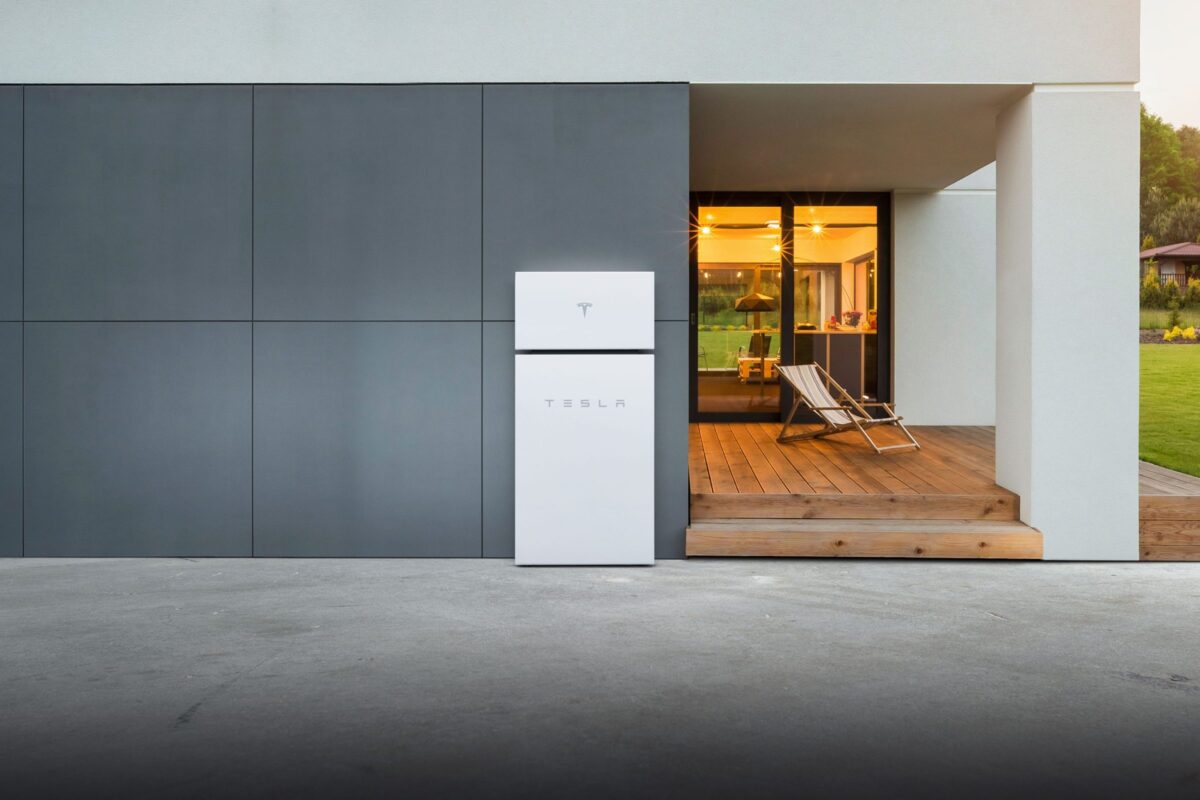Could Illinois’ new Future Energy Jobs Act (FEJA) provide an impetus to a new net metering-like structure for community solar projects? If a new proposal from ComEd is approved by the Illinois Commerce Commission (ICC) (which regulates utilities in the state, that could become a reality.
Lost in the full news day on Tuesday, when Suniva/SolarWorld and the rest of the solar industry were testifying in Washington D.C. about the Section 201 trade complaint, was ComEd’s filing with the ICC. In it, the utility asks for tariff changes to allow for community solar deployment under the state’s new Future Energy Jobs Act (FEJA), which passed in early July.
Initially, FEJA looked as if it were going down to defeat after the governor vetoed a budget that included funding for the state’s solar programs, but a legislative veto override preserved FEJA and its solar funding.
In the release, ComEd said it was happy FEJA was preserved because it was going to jumpstart renewable development in the state. The utility also believes the law will allow solar and wind to grow enough to provide energy for 1 million homes in the state.
“Today’s filing is the first step in the journey toward growth of solar and other renewables and all of their consumer and environmental benefits,” said Anne Pramaggiore, ComEd president and CEO. “It is an exciting day for Illinois and Illinois consumers who will soon begin to reap the benefits of one of the key provisions of FEJA.”
Under ComEd’s proposal, ratepayers would receive credits on their bills based on the share of electricity they purchase through a subscription to a Community Supply Project, which could be used to offset some or all of their energy needs.
ComEd seems to be following the lead of Minnesota, where community-solar projects have driven a solar boom in the state in the service area, more often than not, of ComEd competitor Xcel Energy. According to the Institute for Local Self-Reliance, Minnesota is leading a solar revolution in the Midwest. But maybe, with ComEd now on board, Illinois won’t be far behind.
This content is protected by copyright and may not be reused. If you want to cooperate with us and would like to reuse some of our content, please contact: editors@pv-magazine.com.








By submitting this form you agree to pv magazine using your data for the purposes of publishing your comment.
Your personal data will only be disclosed or otherwise transmitted to third parties for the purposes of spam filtering or if this is necessary for technical maintenance of the website. Any other transfer to third parties will not take place unless this is justified on the basis of applicable data protection regulations or if pv magazine is legally obliged to do so.
You may revoke this consent at any time with effect for the future, in which case your personal data will be deleted immediately. Otherwise, your data will be deleted if pv magazine has processed your request or the purpose of data storage is fulfilled.
Further information on data privacy can be found in our Data Protection Policy.